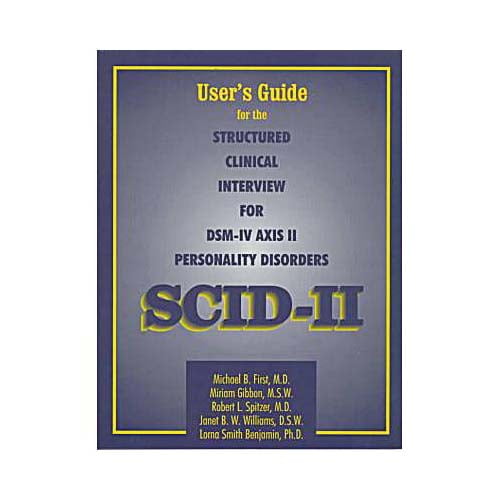
More recently, the Dutch diagnostic interview for ADHD in adults (DIVA), developed by Kooij and Francken in 2007, has been translated into several different languages. Conners' adult ADHD diagnostic interview for the DSM-IV (CAADID) is a commercially available structured interview that has proven useful in the process of diagnosing adult ADHD. We will also mention some other diagnostic interviews, developed specifically for adult ADHD (reviewed in ). Still, we would recommend its use in a general assessment of adult psychopathology, both in clinical and research settings, to ensure that ADHD is covered in the same way as other disorders that are more familiar to adult psychiatrists. However, since there is still a lack of a defined 'gold standard interview' for diagnosis of ADHD in adulthood, a positive score on this ADHD module, as on other interviews for adult ADHD, is not sufficient for the diagnosis. The questions are almost similar to those of the DSM-IV and ICD-10, covering symptoms of inattention, hyperactivity/restlessness and impulsivity.

The separate ADHD module of the MINI-Plus allows a systematic assessment of ADHD symptoms and guidelines for diagnosis. The MINI-Plus has been translated into several languages and has been used in different patient populations. Since evaluation of psychiatric comorbidity is an important aspect of any ADHD assessment, the MINI-Plus is a very useful tool both for the assessment of ADHD and for psychiatric disorders in general. Although the wording of the questions concerning the diagnostic assessment are comparable, and in accordance with both DSM- and ICD diagnoses, the MINI-Plus is easier to use, and takes less time to complete than the SCID interview. However, the MINI-Plus version of the MINI interview has extensive coverage of general psychopathology and a separate module for ADHD, containing questions pertaining to both child and adult behavior. Versions of the SCID and MINI developed for use in children (KID-SCID and MINI-KID ) include sections for the assessment of ADHD, conduct disorder and oppositional-defiant disorder, but are not intended for use in adult patients. Although ADHD is considered to be a common condition in both children and adults, it is not included in standard structured psychiatric interviews, such as the Structured Clinical Interview for DSM disorders (SCID) or the Mini-International Neuropsychiatric Interview (MINI).


Irrespective of whether patients are assessed in specialized units, or in general out-patient or hospital wards, clinicians diagnosing adult ADHD patients should have a broad knowledge base and experience from recognizing the most important psychiatric syndromes and their combinations (NICE, 2008 ). Clinical Assessment of ADHD Symptoms & Associated FunctionĪ comprehensive clinical interview with the patient forms the basis for a proper evaluation of an adult patient presenting with symptoms suggestive of ADHD (see


 0 kommentar(er)
0 kommentar(er)
